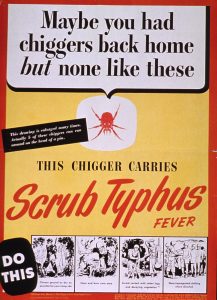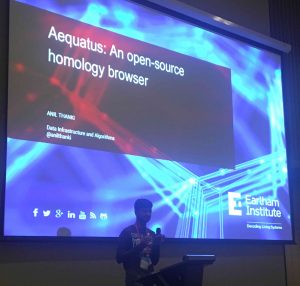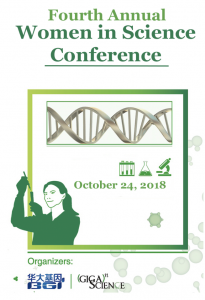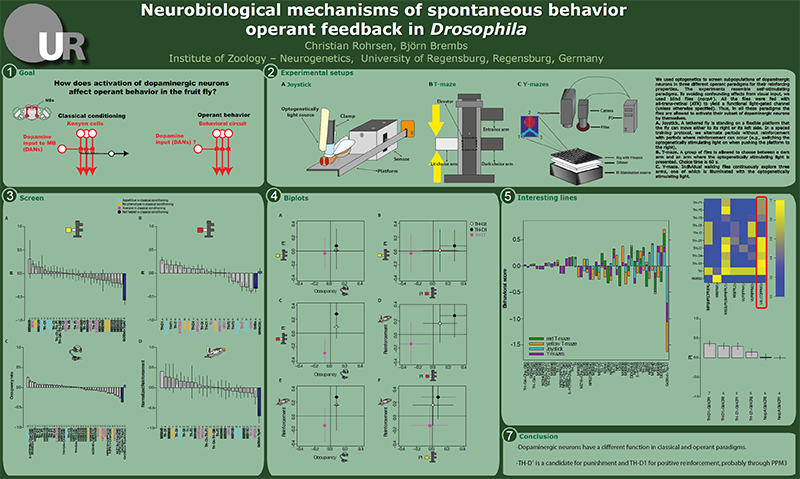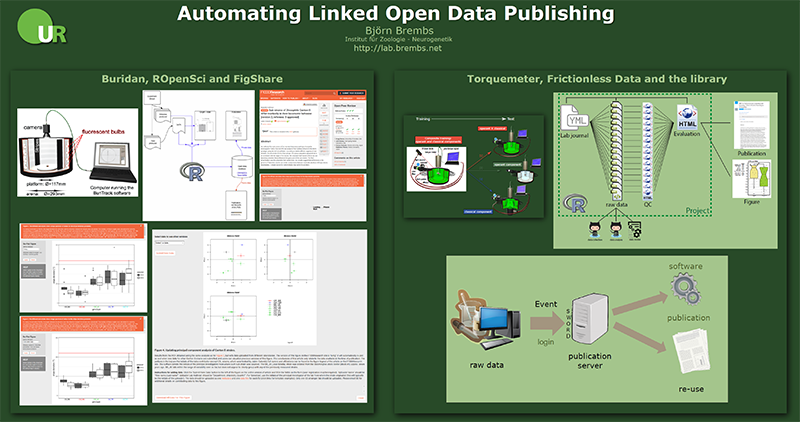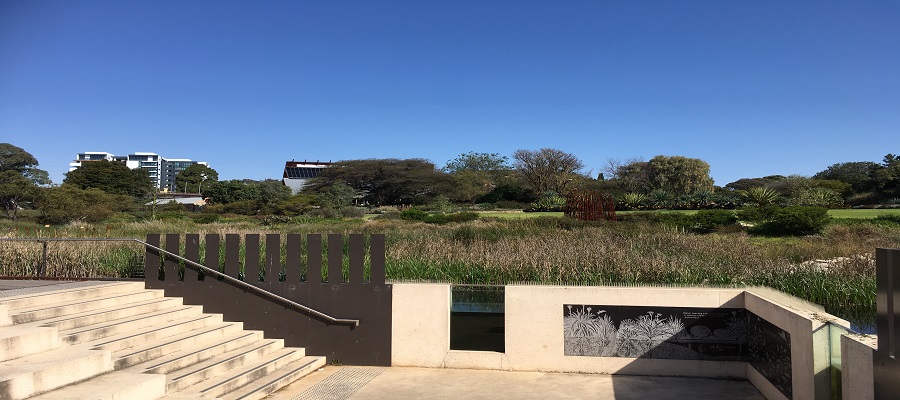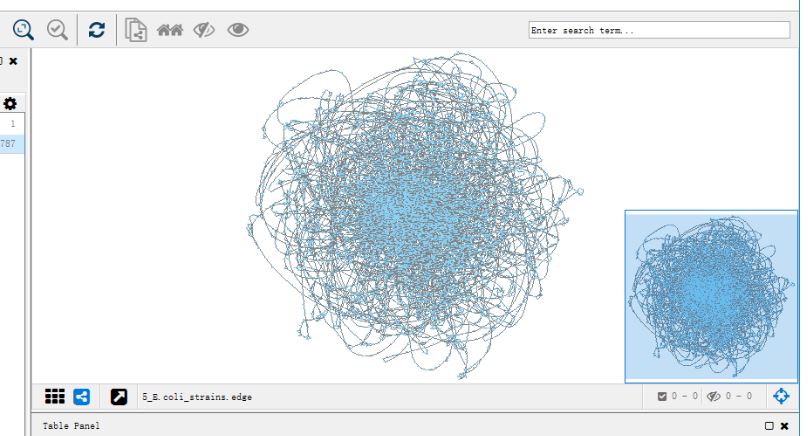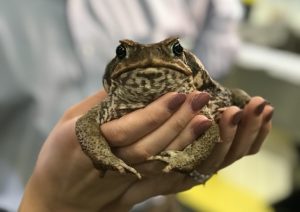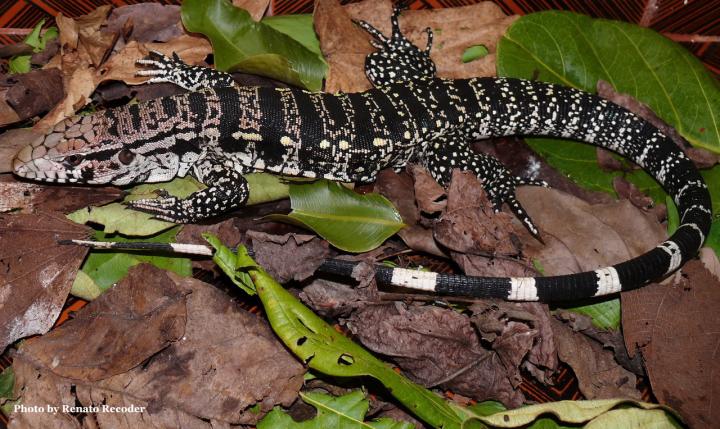
**Today in GigaScience we present the genome of the tegu lizard. It is the most complete assembly of any reptile genome so far and will also aid scientists to study other lizards and snakes. ** The tegu has mastered a trick that is highly unusual in the reptile world: it can turn on its own heating system.
